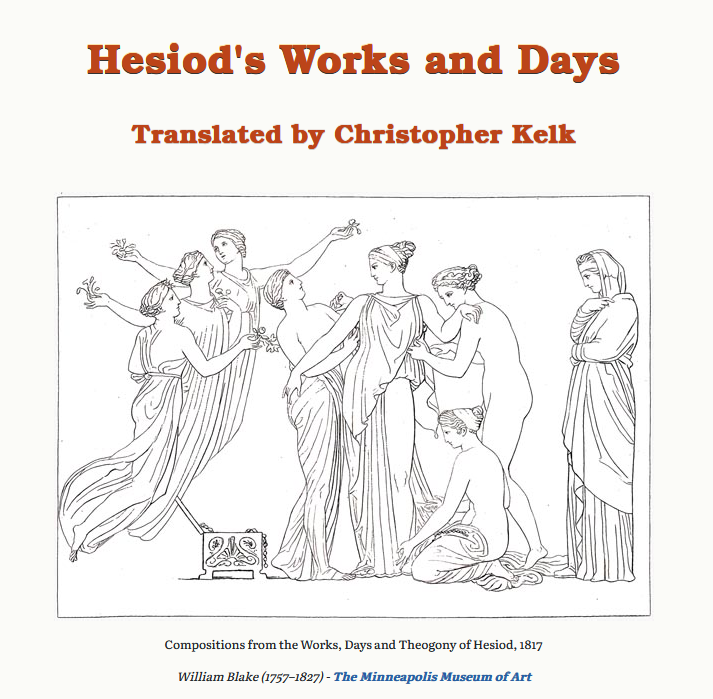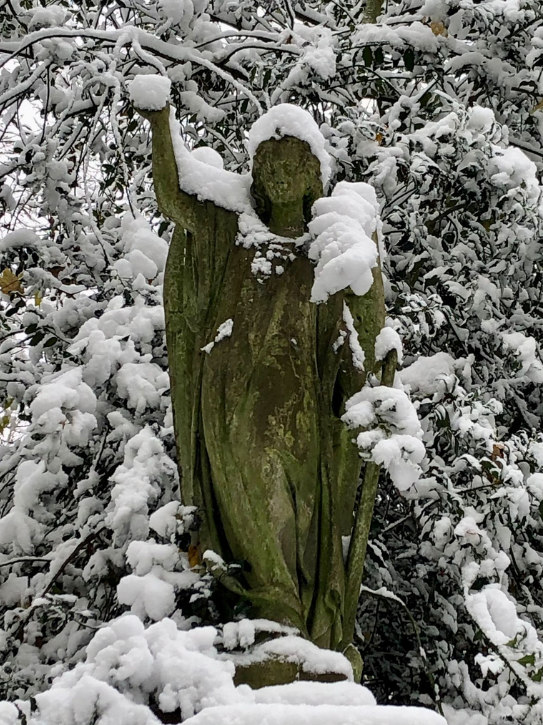
In the early modern almanacs there is much weather and horticultural advice to be had (Weather Lore. Richard Inwards).
‘March damp and warm
Will do farmer much harm‘
or
‘In March much snow
to plants and trees much woe‘
The store cupboards are getting denuded of the fruits, nuts, preserves, pickles, salted and dried foods saved from the summer and autumnal abundance. Of course this is alleviated by the reduced consumption of the Lenten fast. (I’m currently giving up, giving up things for Lent). But nettles are budding. I’ve recently taken to a regular cup of nettle tea provided by the excellent Cowan’s tea emporium in the Covered Market in Oxford. But I’m running out and not due to visit Oxford for a month or two. So Charles Kightley in his Perpetual Almanac tells me that young stinging nettles are appearing, and perhaps, I might change up the tea for a nettle beer:
Take a gallon measure of freshly gathered young nettles washed well dried and well packed down. Boil them in a gallon of water for at least a quarter of an hour. Then strain them, press them and put the juice in an earthenware pot with a pound of brown sugar and the juice and grated skin of a lemon. Stir well, and before it grows cool put in an ounce of yeast dissolved in some of the liquid. Cover with a cloth and leave in a warm place for four or five days and strain again and bottle it, stopping the bottles well. It’ll be ready after a week, but better if left longer.
A more sinister use is provided by William Coles who gives a method of detecting virginity.
‘Nettle tops are usually boiled in pottage in the Springtime, to consume the Phlegmatic superfluities in the body of man, that the coldness and moistness of the winter have left behind. And it is said that if the juice of the roots of nettles be mixed with ale and beer, and given to one that suspected to have lost her maidenhood, if it remain with her, she is a maid, But if she’s spews forth, she is not.‘
William Cole’s Adam in Eden 1657.
Mrs Greaves in her ‘A Modern Herbal’ tells us that William Camden relates that Roman soldiers used nettles to heat up their legs in the cold of a British winter. The 18th century poet Thomas Campbell is quoted on the virtues of nettles:
“I have slept in nettle sheets, and I have dined off a nettle tablecloth. The young and tender nettle is an excellent potherb. The stalks of the old nettle are as good as flax for making cloth. I have heard my mother say that she thought nettle cloth more durable than any other linen.”
Greaves tells us that when the German and Austrians had a shortage of cotton during the blockade of World War 2 they turned to nettles to replace cotton production believing it to be the only effective substitute. It was also substituted for sugar, starch, protein, paper and ethyl alcohol.
Pepys ate Nettle Pudding in February 1661 and pronounced it ‘very good’. Nettles were added to horse feed to make their coats shine, and as a hair tonic for humans. Nettle Beer was used for old people against ‘gouty and rheumatic pains’, and flogging with nettles was a cure for rheumatism and the loss of muscle power!
I can see I’m going to have to get out there and carefully pick myself some nettles! ( For Folklore of nettles look here). But this post was conceived as a piece on Spring starting with Hesiod!
The Works and Days is a farmer’s Almanac written for Hesiod’s brother. It has a mixture of seasonal good advice and moralising. He is, one of the first great poets of the western world, and near contemporary with Homer. He is an important source for important Greek Myths, and, for example, tells us that the story of Prometheus and Pandora is the reason the Gods cannot give us a simple wholesome life. He also talks about the ages of humanity which are: Golden Age, Silver Age, Bronze Age, Heroic Age, and our own decadent Iron age. This system was borrowed by C. J. Thomsen at the National Museum of Denmark in the early 19th Century to create out modern Three Age System of Stone, Bronze and Iron Age. Our system is more optimistic with a progressive trend while the Greek system degenerates through successive eras..
Hesiod sees Spring as a time to begin trading by sea but he warns us not to put all our eggs in one vessel as Spring can bring nasty nautical surprises.
In Rome early March is taken up much with celebrations of the Great God Mars, the one who enabled the Romans to conquer most of the known world. For the Anglo Saxon their poetry saw Spring as a great release when the ‘fetters of frost’ fall off and allow a welcome return to sailing on the high seas .
The Seafarer
The woods take on blossoms, towns become fair,
meadows grow beautiful the world hastens on;
all these things urge the eager mind,
the spirit to the journey, in one who thinks to travel
far on the paths of the sea.….
So now my spirit soars out of the confines of the heart,
my mind over the sea flood;
it wheels wide over the whale’s home,
Poem from the Exeter Book known as the Seafarer, quoted in Eleanor Parker’s ‘Winters in the World a journey through the Anglo Saxon year’.
Hesiod ‘Works & Days’
‘Spring too grants the chance to sail.
When first some leaves are seen
On fig-tree-tops, as tiny as the mark
A raven leaves, the sea becomes serene
For sailing. Though spring bids you to embark,
I’ll not praise it – it does not gladden me.
It’s hazardous, for you’ll avoid distress
With difficulty thus. Imprudently
Do men sail at that time – covetousness
Is their whole life, the wretches. For the seas
To take your life is dire. Listen to me:
Don’t place aboard all your commodities –
Leave most behind, place a small quantity
Aboard. To tax your cart too much and break
An axle, losing all, will bring distress.
Be moderate, for everyone should take
An apt approach. When you’re in readiness,
Get married. Thirty years, or very near,
Is apt for marriage. Now, past puberty
Your bride should go four years: in the fifth year
Wed her. That you may teach her modesty
Marry a maid. The best would be one who
Lives near you, but you must with care look round
Lest neighbours make a laughingstock of you.
A better choice for men cannot be found
Than a good woman,’
HESIOD’S WORKS AND DAYS Translated by Chris Kelk
By the way none of this is good advice to follow!
I have more on Hesiod:


